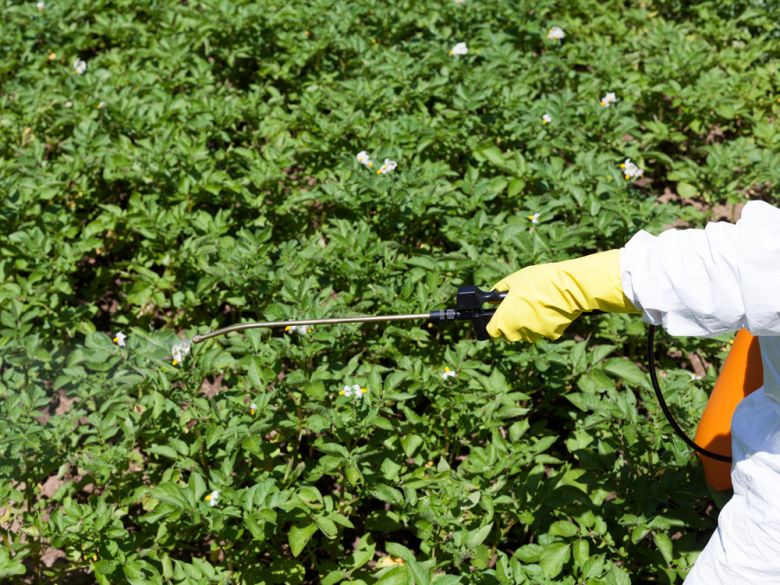We should — and can — tackle agricultural issues with the open minded, philosophical and scientific rigour they require

In August of 2012 I tilled a field. It was the first time in more than a decade I had done something so tactile, so visually satisfying, so dirty.
It was meaningful. New experiences often are.
The family farm as an operation gave me this space. The space to feel these things and reacquaint myself with the farm. It remained mum while I built confidence on a myopic understanding of what it takes to run a farming operation in Canada. And it did so as a way to prepare me for that time in any learning process when the window would close and the door would open.
This is agriculture’s relationship with the public. As consumers strive to become more aware of food-production terms and practices, they often bludgeon farmers with a body of opinions based on quippy distillations of complex research, a cursory understanding of chemicals and nothing more than a reactionary response to terms such as GMO. Those who live and work in this arena wrestle with how to give them the space to learn — to catch up — like my farm did.
The agriculture industry needs the public to understand what it is, what it does and how it operates, before it makes itself vulnerable to a group that seems ready to pounce.
If 2018 was the public’s intro to agriculture class, 2019 will require more from its students.
Once they’re ready. Once consumers have peered through the window long enough, farmers will share their misgivings with you. They will — hell, I will — tell you that my staunch defence of the agriculture industry doesn’t stem from a belief in a system without blemishes. Rather, it stems from the realization that before the agricultural community can openly talk about, say, GMOs or glyphosate or any other hot-button issue, the public needs to establish a rudimentary understanding of what these things are.
Reports of glyphosate residue on Cheerios is sexy news. It shocked a lot of people. To find out that a synthetic herbicide was found on food our children eat would be a big deal, if you didn’t already have a basic understanding of how small a part per billion is, or if you didn’t already know about the efforts the agricultural community has made in monitoring such residue levels.
Residues can be alarming, but certain levels are allowable, according to Health Canada.
Initiatives like Keep it Clean, which works with farmers and industry to ensure the crops we grow in Canada meet high standards and are market-ready, have been an important part of the food value chain in Canada for many years.
Those working in agriculture have become used to defending large companies and practices of which they might be skeptical. They are not shills for these companies. Nor are they blind to the ethical implications of their practices.
They — we — are merely waiting for you to catch up.
This current environment makes it tricky for farmers and those in the industry to respond to or comment on such things as recent allegations that the Pest Management Regulatory Agency (PMRA) relied on glyphosate-related research secretly influenced by Monsanto.
I would think twice about offering my opinion on whether I think Monsanto had its hand in and/or attempted to steer pro-glyphosate research submitted to the PMRA until I’m certain my reading public understands that research projects are usually funded through a variety of sources, some of which can be private, public or a mix of the two. And that the researchers accepting these funds do not traditionally allow their credibility to be jeopardized by allowing others to determine outcomes.
Then and only then would I speak candidly about things like corporate influence and where I see the glyphosate issue going.
I still cultivate once in a while. It’s not the same as it was six years ago. It’s still meaningful, but in reality it’s just one part of a million other things that make up running a farm in Canada. The door has opened but I still have a lot to learn.
My farm gave me the space to figure things out. The agriculture community is willing to do the same for consumers.
In 2019, let’s commit to cooler heads prevailing and tackling agricultural issues with the open minded, philosophical and scientific rigour they require.


